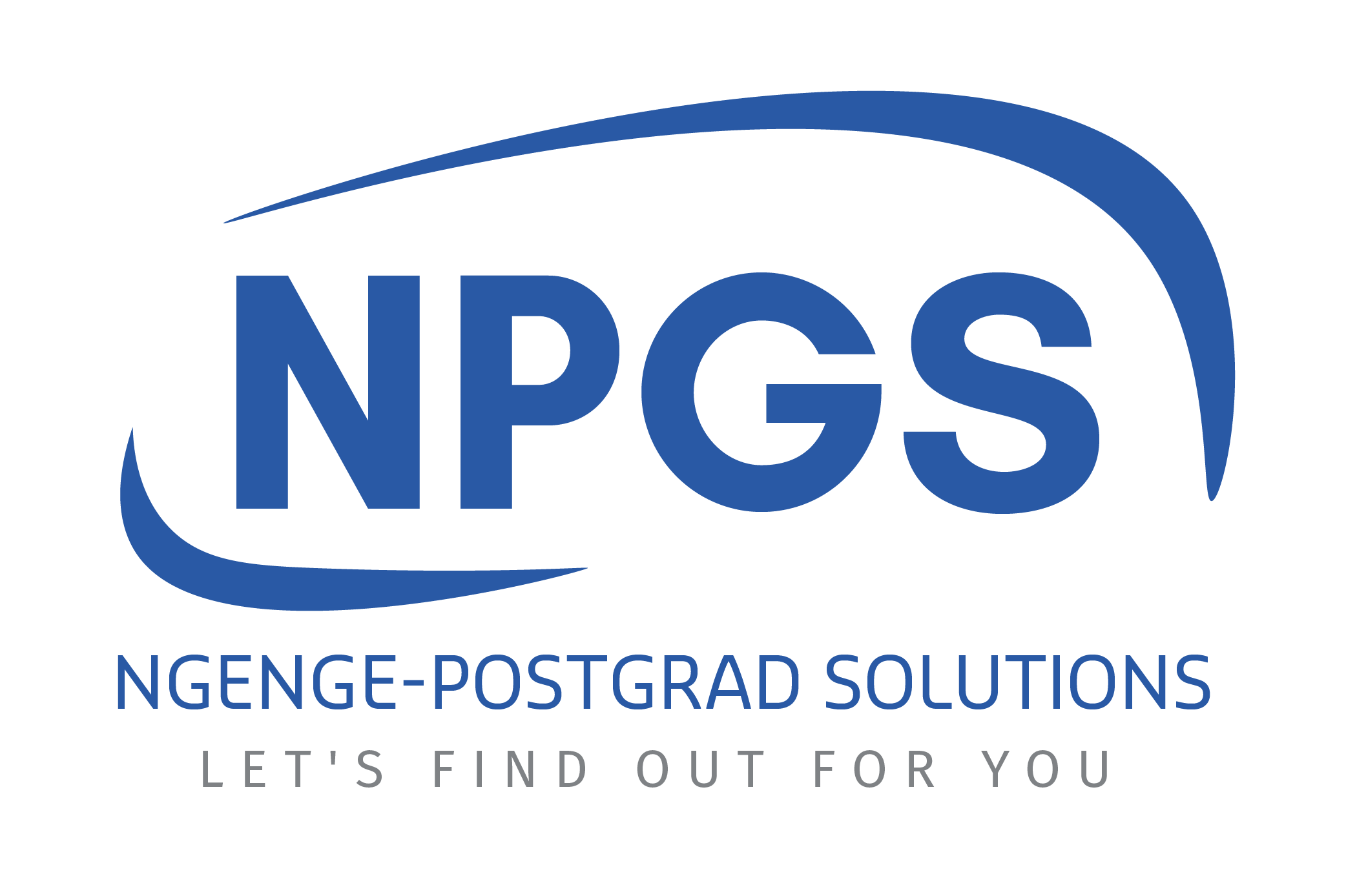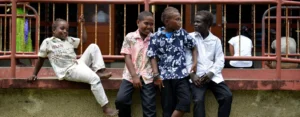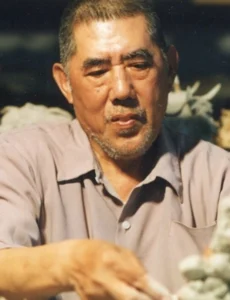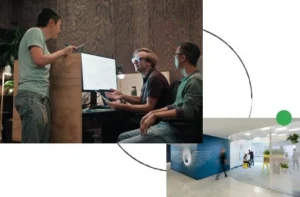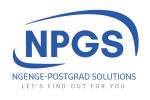At CERAH we strongly believe in promoting diversity and inclusiveness.
Our scholarship programme remove barriers so that humanitarian professionals from crisis-affected countries can benefit from our training. Thanks to our scholarships, we have a very diverse mix of students in the classroom to make sure their experience reflects the diversity of their working environments. Such diversity creates a great opportunity to hone negotiation and listening skills, both key to successful project and people management.
Each year, thanks to the financial support of the Service de la solidarité internationale of the Canton of Geneva and the Wilsdorf Foundation, we offer full or partial scholarships for three of our courses:
- Executive Master of Advanced Studies in Humanitarian Action (MAS) 60 ECTS
- Executive Diploma of Advanced Studies in Humanitarian Action (DAS) 30 ECTS
- Humanitarian Distance Learning Certificate of Advanced Studies “Designing Strategies and Projects for Humanitarian Action” (CAS-HDL) 10 ECTS
What we offer
- MAS scholarship: up to CHF 14,000 scholarship to cover course fees and/or full scholarship (CHF 20,000) to cover living expenses in Geneva (excluding visa cost and flights tickets to Geneva).
- DAS scholarship: up to CHF 7,000 to cover course fees
- CAS-HDL scholarship: up to CHF 5,500 to cover course fees
Who can apply
Our scholarships are open only to students who come from and work in one of the ‘least developed’, ‘low income’ and ‘lower middle income’ countries according to the DAC list of ODA Recipients. Please note the 4th column is excluded from applying for grants: upper middle income countries and territories.
Application process
Do you want to apply for a scholarship? Remember to check the registration deadlines for each course and the application requirements.
Candidates can apply for a scholarship by filling in the online application form.
All scholarships are allocated and administered by CERAH. We expect all students to contribute towards the cost of their education. The scholarship selection committee takes into account individuals’ financial contribution. We therefore strongly advise candidates to look for other financial support options.
OTHER FUNDING OPTIONS
Candidates should make a budget before applying to a programme as we can only offer a limited number of scholarships. We strongly encourage our candidates to search for financial support on their own and as early as possible. Consider approaching your own organisation to see if they provide grants as part of your career development plan. Also check with your regional and federal government departments to see if they provide grants for professional development.
Candidates who have paid Geneva taxes for at least one year can apply for a “chèque annuel de formation” (training subsidy) which amounts to a maximum of CHF 2,250. A request should be made to the OFPC before the start of the course. For more information, please contact the OFPC.
LIVING EXPENSES
We are aware that the cost of living in Geneva is high and we provide advice and information to our students on how to live on a student budget, including a list of suitable student accommodation. Living expenses for a student in Geneva are estimated at about CHF 2,000 per month. This sum includes expenses such as accommodation, health insurance, local transport and meals. The sum does not include travel to and from Geneva or the costs of obtaining a visa.
More detailed information on your student budget, expenses and useful addresses under Studying in Geneva.
Candidates should make a budget before applying to a programme. CERAH can only offer a very limited number of scholarships to students selected for the Master and Diploma in Humanitarian Action, as well as for the distance learning Certificate Designing strategies and projects for humanitarian action. These scholarships are only available under certain conditions, outlined below. Candidates are thus strongly encouraged to search for financial support on their own and as early as possible. Consider approaching your own organisation to see if they provide grants as part of your career development plan. Also check with your regional and federal government departments to see if they provide grants for professional development.
